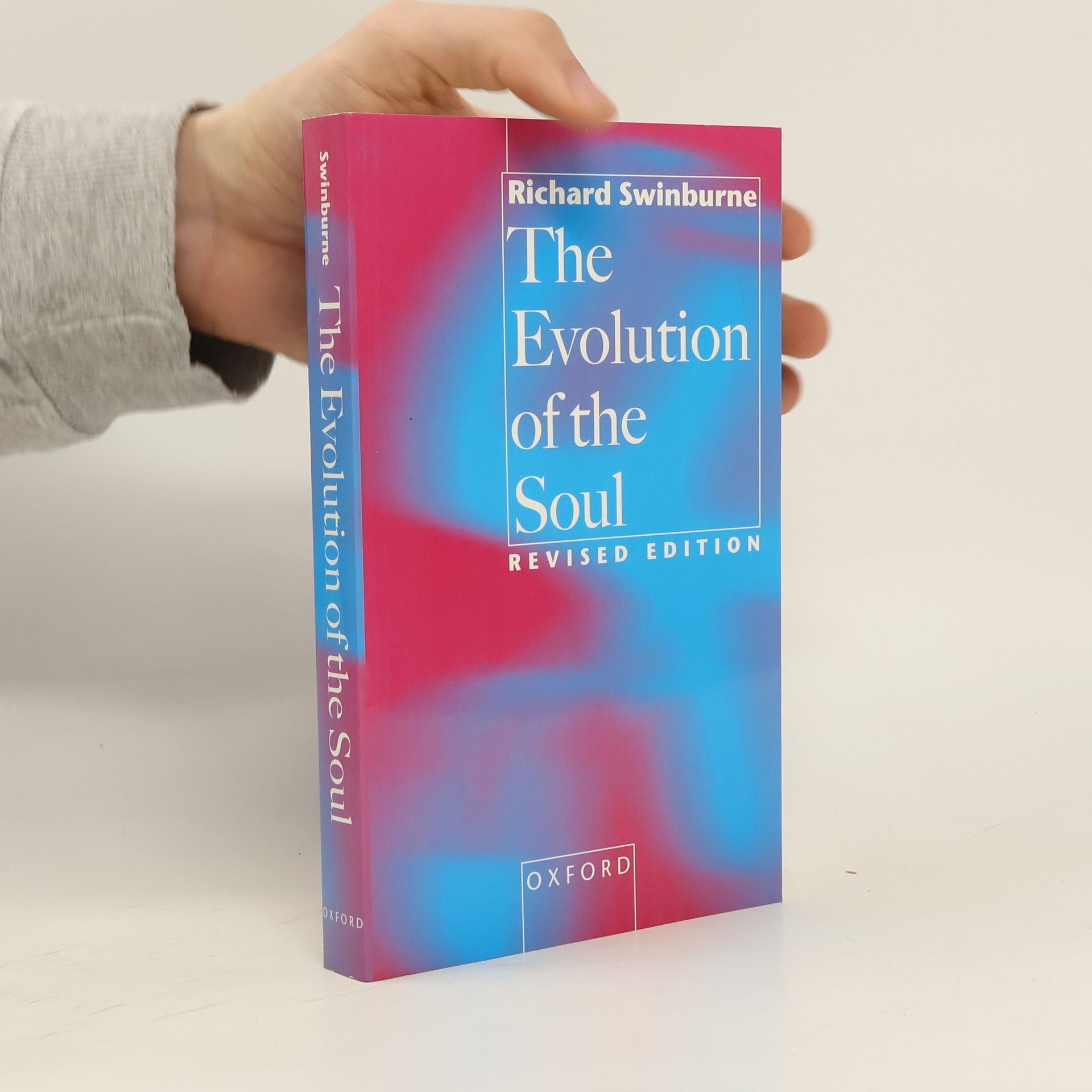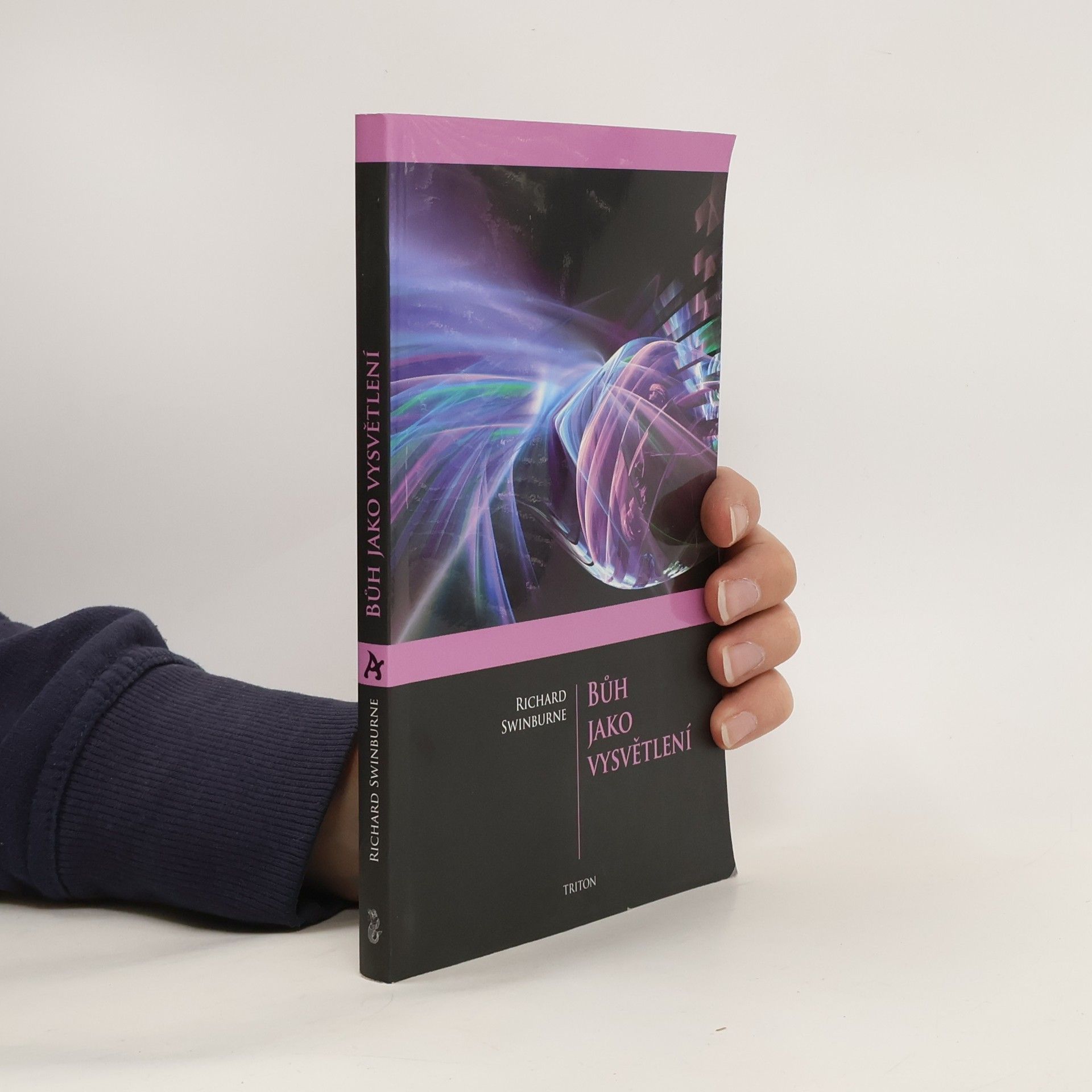„Gibt es einen Gott?“ bietet eine kraftvolle Antwort auf moderne Zweifel an der Existenz Gottes. Viele glauben, dass wissenschaftliche Fortschritte alle grundlegenden Fragen beantworten und Gott überflüssig machen. Kosmologische Theorien reichen bis zum Urknall zurück, während die Entdeckung der DNA den Schlüssel zum Leben enthüllt und die Evolutionstheorie die Entwicklung des Lebens erklärt. Diese Fortschritte führen viele zu der Überzeugung, dass Gott nicht nötig ist, um das Universum zu erklären, und dass religiöser Glaube nicht auf rationalen Grundlagen beruht. Richard Swinburne, Professor für Religionsphilosophie in Oxford und ein angesehener Philosoph, argumentiert jedoch, dass die Wissenschaften tatsächlich gute Gründe für den Glauben an Gott liefern. Er stellt grundlegende Fragen: Warum existiert das Universum? Warum gibt es Leben auf der Erde? Wie funktionieren die beobachtbaren wissenschaftlichen Gesetze? Swinburne verwendet wissenschaftliche Methoden, um zu zeigen, dass die besten Antworten auf diese Fragen durch die Existenz Gottes gegeben werden. Das von der Wissenschaft gezeichnete Bild des Universums wird erst durch Gott vollständig.
Richard Swinburne Bücher
Richard G. Swinburne ist emeritierter Professor für Philosophie an der Universität Oxford. Seit 50 Jahren ist er ein einflussreicher Verfechter der natürlichen Theologie, also philosophischer Argumente für die Existenz Gottes. Seine philosophischen Beiträge liegen hauptsächlich in der Religionsphilosophie und der Wissenschaftstheorie. Seine frühe Arbeit zur Religionsphilosophie, eine Buchtrilogie, löste eine bedeutende Diskussion aus.






Mind, Brain, and Free Will
- 242 Seiten
- 9 Lesestunden
Richard Swinburne presents a powerful case for substance dualism and libertarian free will. He argues that pure mental and physical events are distinct, and defends an account of agent causation in which the soul can act independently of bodily causes. We are responsible for our actions, and the findings of neuroscience cannot prove otherwise.
The book explores the concept of divine revelation within Christianity, questioning the authenticity of its claims to revealed truths. It differentiates between literal and metaphorical interpretations of the Bible, providing a critical analysis of its historical narratives. The updated edition includes a new chapter that scrutinizes traditional Christian views on personal morality issues such as divorce, homosexuality, and abortion, assessing their validity as revealed truths.
The Resurrection of God Incarnate
- 234 Seiten
- 9 Lesestunden
The debate over Jesus' bodily resurrection is central to Christian studies. Richard Swinburne shifts the focus from explicit New Testament statements to exploring how the nature of God and Jesus' life influence the likelihood of the Resurrection. This broader perspective offers valuable insights, appealing to both scholars and those interested in religious philosophy and doctrine.
Faith and Reason
- 288 Seiten
- 11 Lesestunden
The examination of religious faith is central to this philosophical theology work, where Richard Swinburne delves into the coherence of theism and the existence of God. He explores the purposes of practicing religion and posits that faith hinges on the belief that a specific creed justifies the attainment of these purposes. This second edition retains the original structure and conclusions but has been significantly revised to engage more closely with classical theologians and contemporary perspectives.
This is a revised and updated version of Swinburne's controversial treatment of the eternal philosophical problem of the relation between mind and body. He argues that we can only make sense of the interaction between the mental and the physical in terms of the soul, and that there is no scientific explanation of the evolution of the soul.
Are We Bodies or Souls?
- 208 Seiten
- 8 Lesestunden
What are humans? What makes us who we are? Many think that we are just complicated machines, or animals that are different from machines only by being conscious. In Are We Bodies or Souls? Richard Swinburne comes to the defence of the soul and presents new philosophical arguments that are supported by modern neuroscience. When scientific advances enable neuroscientists to transplant a part of brain into a new body, he reasons, no matter how much we can find out about their brain activity or conscious experiences we will never know whether the resulting person is the same as before or somebody entirely new. Swinburne thus argues that we are immaterial souls sustained in existence by our brains. Sensations, thoughts, and intentions are conscious events in our souls that cause events in our brains. While scientists might discover some of the laws of nature that determine conscious events and brain events, each person's soul is an individual thing and this is what ultimately makes us who we are.
Autor začíná výkladem o pojmu Boha v monoteistických náboženstvích, zejména v křesťanství a židovství. Následně se zaměřuje na povahu přírodovědných teorií a zákonů, přičemž ukazuje kritéria pro přijetí určité teorie a vztahy mezi nimi. Tato část je brilantním úvodem do metodologie přírodovědeckého poznání. Po metodologických úvahách autor přechází k vlastnímu tématu, kde argumentuje, že přírodovědné teorie vždy zanechávají nevysvětlené aspekty, které může objasnit pouze metafyzická teorie. V konkurenci metafyzických teorií je teistická teorie ta, která nejlépe splňuje požadavky kladené na teorie v jiných oblastech vědění. Autor se seriózně, ale i vtipně vyrovnává s novodarwinismem a jeho prominentním zastáncem R. Dawkinsem, jehož kniha Slepý hodinář měla značný dopad. Swinburne čerpá z tradiční metafyziky, občas cituje sv. Tomáše, avšak jeho přístup je odlišný. Neposkytuje důkazy existence Boží, ale ukazuje, že teistická teorie převyšuje jiné teorie svou jednoduchostí a vysvětlující silou. Tento přístup nezahrnuje důkaz Boží existence, ale ani jej nevylučuje.
